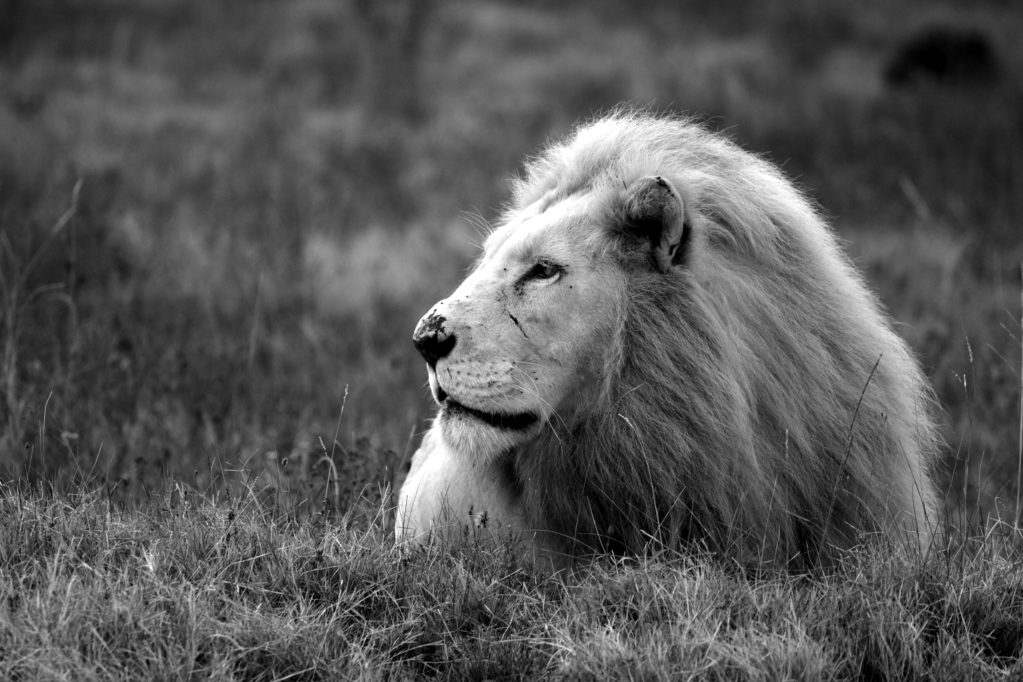With the recent international outrage around the killing of Cecil the lion in Zimbabwe, sharp divisions have emerged in Africa on whether or not to ban the trophy-hunting of lions.
This especially in light of the fact that while in 1975, the population of the African lion stood at 250,000, now, on account of factors such as animal-human conflict, war, poaching and trophy-hunting, this figure has dropped to 30,000.
In some African countries like Zimbabwe, South Africa, Namibia, Mozambique and Tanzania, trophy-hunting of lions is still permitted. If not controlled, wildlife experts say, by the middle of the century, the African lion will be extinct.
“The government must act otherwise wildlife will become extinct. We run the risk of having no lions by 2050,” says Johnny Rodrigues, chairperson of the Zimbabwe Conservation Task Force.
“What has happened to Cecil lends weight to our call for the banning of wildlife trophy-hunting… In southern Africa, 22,000 lions are left and this shows how lions are being decimated.”
Loading...
Cecil’s killer, American dentist Walter Palmer, paid $50,000 but reportedly his local contacts, Theodoro Bronkhorst, a professional hunter, and Honest Ndlovu, owner of the safari, had no permits for the hunt.
There are many views to the controversy this killing has provoked.
Benjamin Paradza, a former High Court judge and safari operator in Zimbabwe before he went into exile, says lion-hunting should not be banned but says Cecil’s death was illegal and the real culprits are his contacts in Zimbabwe.
“The safari business is an industry mired in elitism. The real culprit is the professional hunter and the safari operator who have the responsibility to conduct a hunt within the terms of the permit granted by the government.
“What the world does not see is that politicians in Zimbabwe will politicize this simply because an American is involved. This is typical of government propaganda which blames others in order to hide its poor governance,” claims Paradza.
The government had called for the extradition of Palmer to Zimbabwe; and the country suspended the trophy-hunting of lions, leopards and elephants for a week.
Bronkhorst insists his arrest “is frivolous and wrong”.
Palmer reportedly used a bow and arrow and Cecil was injured but was brought down by a firearm some 40 hours later. Conservationists say this method cripples the animals and they endure a slow, painful death.
This is one of the reasons many are against trophy-hunting.
“I support the banning of trophy-hunting because of the way animals react and how painful it is. It’s a dangerous game. Hunters use crossbows and injure the animals and you know how an injured animal reacts. Well-connected people are also using it as a shield to illegally hunt the big game,” says Rangarirai Chinobva, a wildlife hunter guide.
However, players in the safari industry opine lion-hunting is a valuable component to conservation and boosts the country’s economy; those like Bronkhorst feel trophy-hunting is the only way to sustain wildlife.
“The hunting brings in revenue. I know it’s a terrible thing to some, but we have to be practical and realistic. Whether we lose a few animals through those that pay for the conservation or whether we lose the whole lot is the option faced in many areas,” he says.
In 2014, Zimbabwe’s revenue from the safari industry was $65 million, up from $55 million in 2013; money the industry says incentivizes communities and the country’s economy.
Rodrigues disputes this.
“It’s a myth; landowners and hunters reap rewards and hardly anything goes to the local communities. Trophy-hunting is elitist yet animals are crucial in attracting tourists if they are protected and are not hunted. The issue is that there are some bigwigs involved in poaching and are against the banning and this should be investigated,” he says.
Conservationists believe game-viewing is sustainable for the environment than trophy-hunting and brings in more revenue.
The jury is still out on this. Hopefully, Africa will not have another ‘Cecil the lion’. Hopefully.
Loading...
